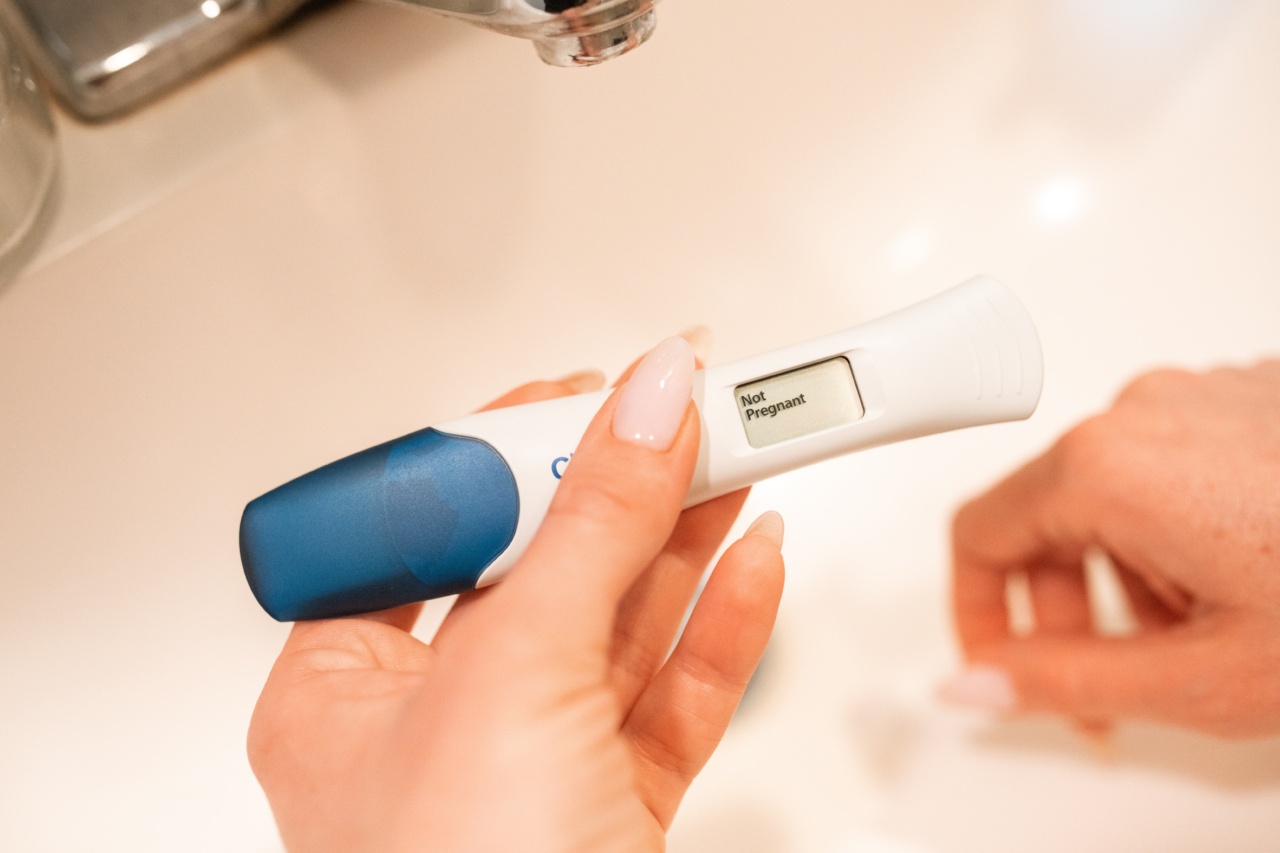It is well-known that the nutrition of a mother during pregnancy is critical for the long-term health of her child.
Many studies have focused on the effects of maternal diet on the risk of certain diseases such as obesity, diabetes, and cancer for the offspring. Recently, attention has been turned towards the impact of pregnancy diet on offspring blood pressure.
The Importance of Maintaining Normal Blood Pressure
High blood pressure, or hypertension, is a common health problem worldwide, affecting more than one billion adults.
Raised blood pressure is a major risk factor for cardiovascular diseases, including heart disease, stroke, peripheral artery disease and heart failure. It is known that hypertension has a strong genetic basis, but the environment also plays a critical role in the development of this condition.
How Pregnancy Diet Affects Offspring Blood Pressure
Studies in both animals and humans suggest that exposure to a diet rich in fats, sugars and salt during fetal development predisposes the offspring to hypertension in adulthood.
Maternal malnutrition, such as deficiency in protein, iron, zinc, or folate, during pregnancy is also associated with elevated blood pressure in offspring. This could be due to the developmental programming of the fetus in response to maternal undernutrition, which can lead to permanent changes in blood pressure regulation.
The Role of Microbiome in Hypertension Development
Recent research indicates that the gut microbiome, which is composed of trillions of microorganisms inhabiting the digestive tract, also plays a crucial role in hypertension development.
Fetal exposure to unhealthy maternal diet alters the composition and diversity of the microbiome, which in turn affects the immune system and inflammation, leading to higher blood pressure in the offspring. The gut microbiota also produces certain metabolites, such as short-chain fatty acids, which are involved in blood pressure regulation.
What Can Be Done to Prevent Hypertension Development in Offspring?
It is crucial to encourage pregnant women to adopt healthy dietary habits to avoid the risk of hypertension in their children.
A balanced diet containing adequate amounts of protein, carbohydrates, healthy fats, vitamins, and minerals should be consumed. Increasing intake of fruits and vegetables, whole grains, lean protein, and low-fat dairy products is essential. Pregnant women should also avoid excessive salt and processed food consumption.
Furthermore, it is important to understand the principles of good maternal nutrition before, during, and after pregnancy.
Consultation with a registered dietitian or healthcare professional can help guide pregnant women towards making the most appropriate nutritional choices. Finally, research is ongoing to determine whether specific probiotics or prebiotics could be used to manipulate the microbiome, improving offspring blood pressure.
Conclusion
In summary, there is compelling evidence indicating that maternal diet during pregnancy has a profound impact on offspring blood pressure.
The mechanisms underlying this effect include developmental programming of the fetus and changes in the gut microbiome. Taking steps to optimize maternal nutrition is vital to ensure long-term health for future generations.






























